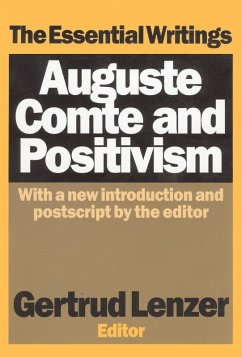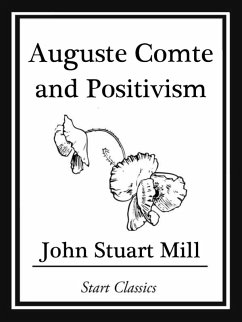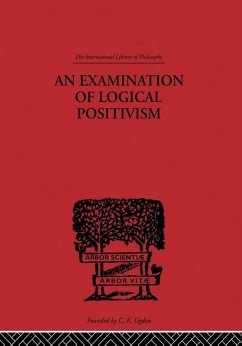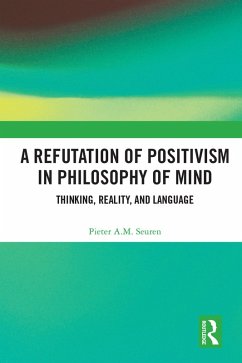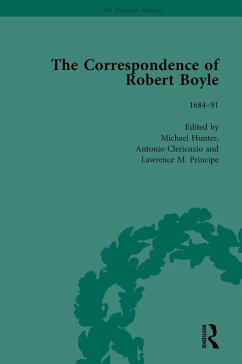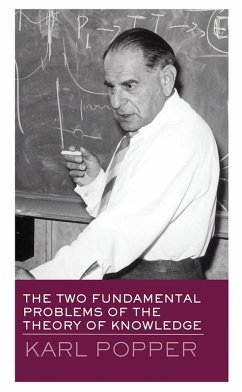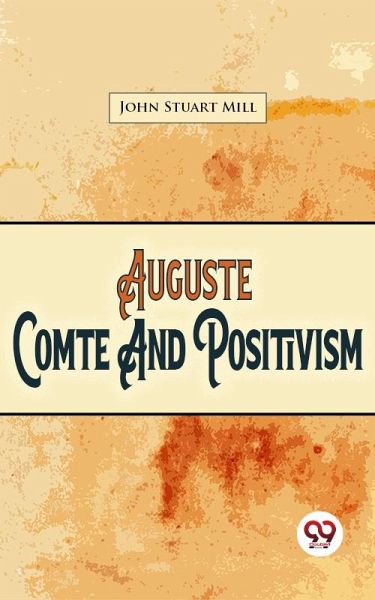
Auguste Comte And Positivism (eBook, ePUB)

PAYBACK Punkte
0 °P sammeln!
"Auguste Comte and Positivism" is a critical essay written by John Stuart Mill, one of the most influential philosophers of the 19th century. The essay focuses on the ideas of Auguste Comte, a French philosopher and founder of the philosophy of positivism. In the essay, Mill examines Comte's belief that society can only be understood through scientific observation and that knowledge should be based on empirical evidence rather than speculation. Mill also critiques Comte's view that human beings should abandon the search for ultimate causes and instead focus on understanding the laws that gover...
"Auguste Comte and Positivism" is a critical essay written by John Stuart Mill, one of the most influential philosophers of the 19th century. The essay focuses on the ideas of Auguste Comte, a French philosopher and founder of the philosophy of positivism. In the essay, Mill examines Comte's belief that society can only be understood through scientific observation and that knowledge should be based on empirical evidence rather than speculation. Mill also critiques Comte's view that human beings should abandon the search for ultimate causes and instead focus on understanding the laws that govern social and natural phenomena. Despite his criticisms, Mill recognizes Comte's contributions to the development of the social sciences. Hereby, "Auguste Comte and Positivism" is a thought-provoking analysis of one of the most influential philosophers of the 19th century. Mill's essay continues to be studied and debated by scholars today as an important contribution to the ongoing discussion of the role of science in understanding society and the human experience.
Dieser Download kann aus rechtlichen Gründen nur mit Rechnungsadresse in A, D ausgeliefert werden.




